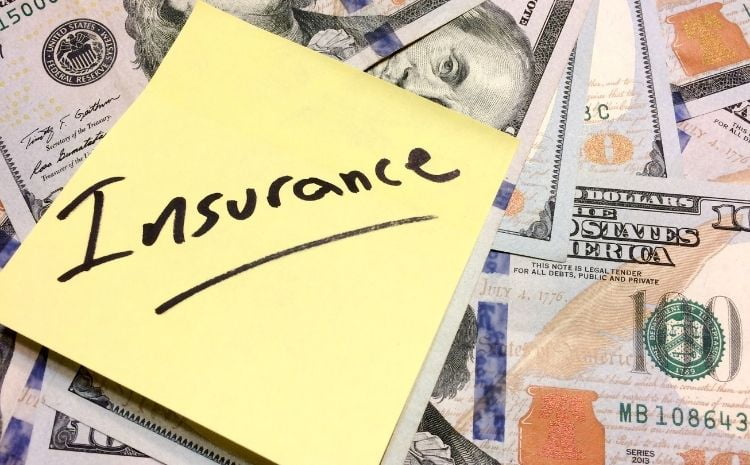Alternatives to cash value life insurance
While cash value life insurance can provide life insurance coverage and savings, it’s not the right choice for everyone. Here are some alternatives to cash value life insurance:

01 Term life insurance:
Term life insurance provides life insurance coverage for a specified period, typically 10 to 30 years. Unlike cash value life insurance, it does not provide a savings component. This makes it a more affordable option for those looking for pure life insurance coverage.
02 Disability insurance:
Disability insurance provides income replacement in the event of a disability that prevents you from working. This type of insurance can be particularly important for those who rely on their income to support themselves and their families.
03 Retirement Accounts:
Retirement accounts such as 401(k)s and IRAs provide a tax-advantaged way to save for retirement. Unlike cash value life insurance, these accounts are not taxed until withdrawal. The funds can be invested in a wide range of investment options.
04 Health Savings Account:
HSAs provide a tax-advantaged way to save for medical expenses. Contributions to HSAs are tax-deductible, and withdrawals for qualified medical expenses are tax-free. Unlike cash value life insurance, HSA funds can be used for any qualified medical expense.
05 Mutual Funds:
Mutual funds allow you to invest in a diversified portfolio of stocks and bonds. Unlike cash value life insurance, mutual funds offer higher returns, although they also carry higher risks.
06 Real Estate:
Real estate can provide income and appreciation over time. While it can be riskier than cash value life insurance, it also offers higher returns.
Overall, there are many alternatives to cash value life insurance, each with its own advantages and disadvantages. It’s important to work with a qualified insurance agent or financial advisor to determine which options best meet your specific financial goals and circumstances.





